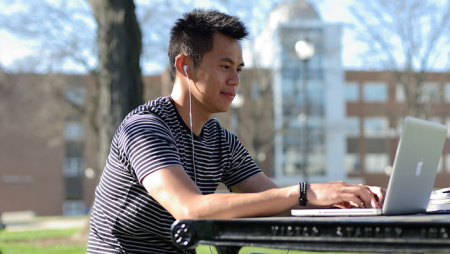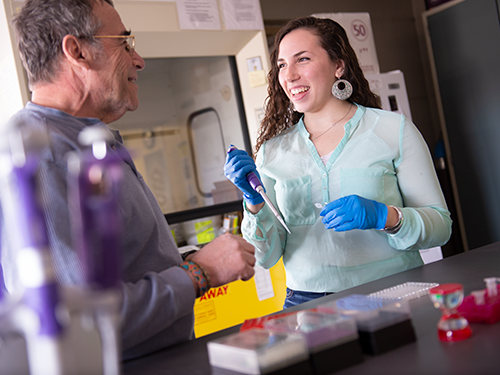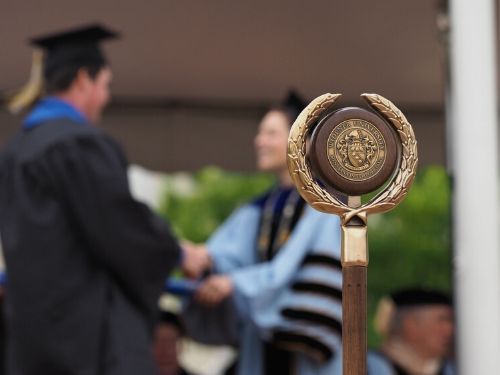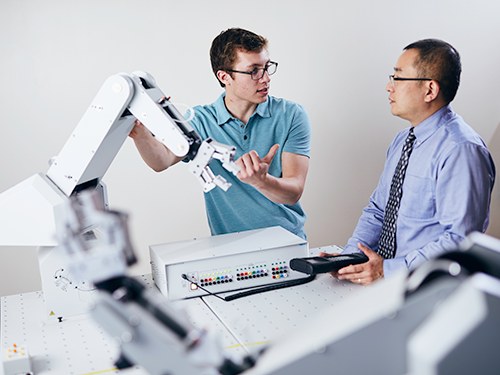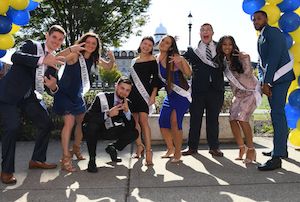UALH 115 – Intro to Patient Care
This course is designed to prepare DMS students for clinicals. It combines an understanding of the elements of patient care with hands-on experience in handling, patient transfer, managing critical situations, infection control, emergency medical situations, ethics and law, first aid, communicating with patients, HIPAA, and sterile techniques.
1 credit
UANT 105 – Cultural Diversity
This course introduces students to the study of human cultural diversity. By examining different cultural systems from around the world, students learn concepts and methods for investigating why humans think and behave the way they do. This course provides students with the competence to live and work with people from different cultural backgrounds. It also enables students to see the world through a different cultural lens and reflect critically on the cultural beliefs and practices that govern their own lives. Topics include race, ethnicity, nationalism, language, gender, sexuality, religion, warfare, political organization, economic systems, migration, healing, kinship, marriage, and the family.
3 credits
UCJ-105 Intro to Criminal Justice
A general introduction to the study of the American system of criminal justice. The crime problem, the police, the judicial system, and correctional agencies are examined. Both the legal and behavioral realities of each stage of the criminal justice process are discussed and analyzed.
3 Credits
ENVR-104 Earth Processes and Natural Disasters
This course is a survey of Earth's surface processes that have a direct impact, often violently and without warning, on our global society. Information presented in this course integrates the principles of geology, meteorology, climatology, oceanography, and ecology and explores the many ways humans leave themselves susceptible to hazards driven by Earth's dynamic geologic and atmospheric processes. A series of case studies will be presented to students that outline each topic area covered. These include the broad topic areas of earthquakes, volcanoes, flooding, mass wasting, coastal hazards, subsidence, severe weather, mass extinction, wildfires, and global climate change. Designed for a general audience, this course is opened to all students who have a natural curiosity about events that often control our global existence. 3 hours lecture.
3 Credits


